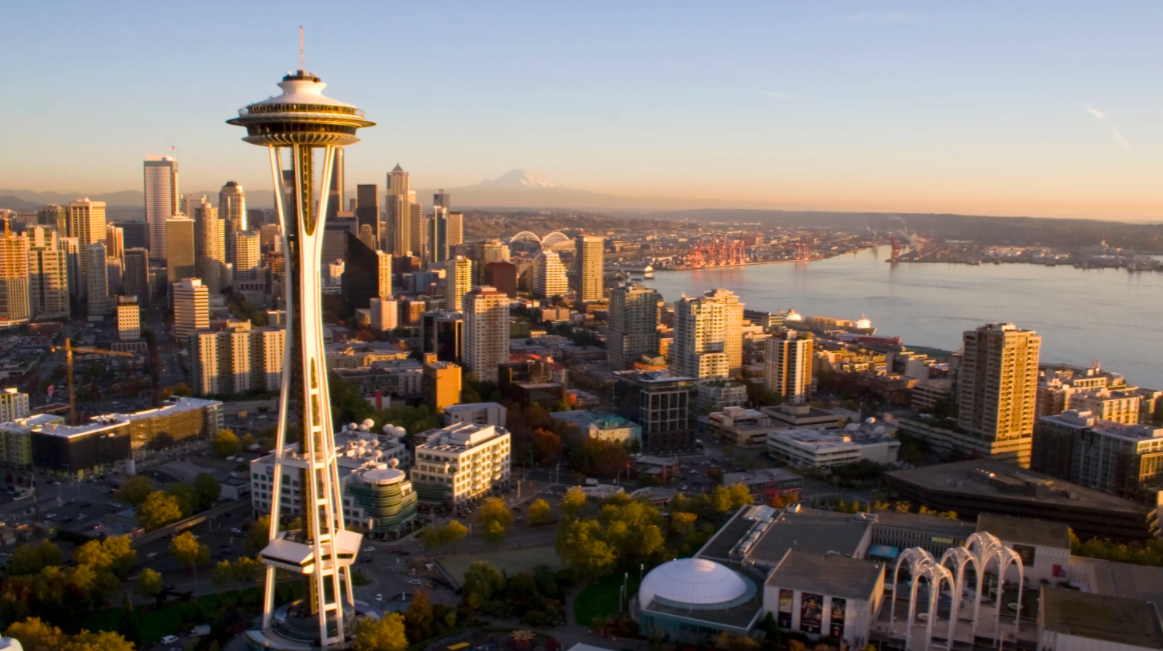Image via
Seattle just became the largest US city to join the growing wave of psychedelics decriminalization.
This Monday, the Seattle City Council unanimously approved a resolution that effectively decriminalizes the possession and use of most natural psychedelics. The new law directs city police and courts to make the investigation, arrest, and prosecution of “anyone engaging in entheogen-related activities” among their lowest enforcement priorities.
This language may seem familiar, because many other cities all across the US have adopted similar policies within the past two years. Ann Arbor, Denver, Oakland, and Santa Cruz have all recently directed city law enforcement agencies to stop arresting or prosecuting people for using or possessing natural psychedelics.
Seattle’s new resolution applies to most natural psychedelic plants and fungi, including psilocybin, ayahuasca, ibogaine, and mescaline that has not been derived from peyote. The policy continues to criminalize the possession of peyote and other mescaline-containing cacti, however, in order to protect these slow-growing, endangered plants. Federal law still allows Indigenous Americans to legally use peyote and related cacti, though.
“Entheogens, commonly known psychedelics, have been shown to benefit the well-being of individuals suffering from depression, severe anxiety, problematic substance use, post-traumatic stress, end-of-life anxiety, grief, and intergenerational trauma,” said City Councilmember Andrew J. Lewis in a statement. “These and other physical and mental conditions are plaguing many communities, which have been further demonstrated to be exacerbated by the impact of COVID-19.”
The resolution was further inspired by the Council’s recent efforts to fight the growing opioid crisis. This spring, the council formed a local task force to devise a strategy to decrease the growing number of opioid overdose deaths in Seattle. After three months of research and deliberation, the task force recommended that the city decriminalize psychedelics immediately, and to further consider decriminalizing all drugs entirely.
Washington state as a whole actually completely decriminalized drugs this year, for a brief moment. In February, the state Supreme Court ruled that Washington’s felony drug laws were unconstitutional because they violated the right to due process. Lawmakers scrambled to replace the law, eventually deciding on a modest decriminalization law that reduces all felony drug crimes to misdemeanors.
While state officials work to revise these laws, Seattle has moved to officially codify its decision to decriminalize psychedelics. “These nonaddictive natural substances have real potential in clinical and therapeutic settings to make a really significant difference in people’s lives,” said Lewis before the Council held their vote. “This resolution really sets the stage as the first significant action in the state of Washington to move this policy forward.”
“We’re happy that our years of effort have paid off in making this a reality,” said Kody Zalewski, co-director and chair of policy and research for Decriminalize Nature Seattle, to Marijuana Moment. “This is only the very beginning of conducting a much larger push to expand access to psychedelic medicine across Washington State, and codifying the intent of this resolution via citywide ordinance.”
“Public opinion is changing, and many people are waking up to the fact that the War on Drugs leads to unnecessary incarceration, impedes access to profoundly [effective] medicine and impinges on both religious freedom and personal liberty,” Zalewski added. “Social progress rarely happens through sweeping changes, but rather occurs from winning one small battle at a time.”
So far, most psychedelics decriminalization efforts have been happening on a local level, but Oregon fully legalized the therapeutic use of psilocybin and decriminalized all drug possession last year. Lawmakers in California, New Hampshire, Kansas, New York, Massachusetts and Vermont have all proposed bills to bring psychedelics reform to a statewide level.











